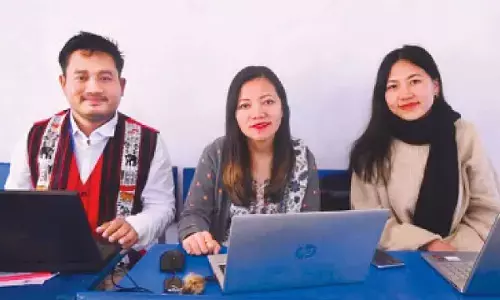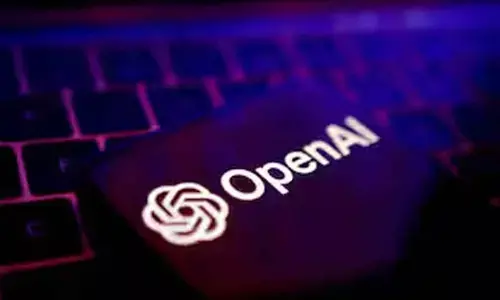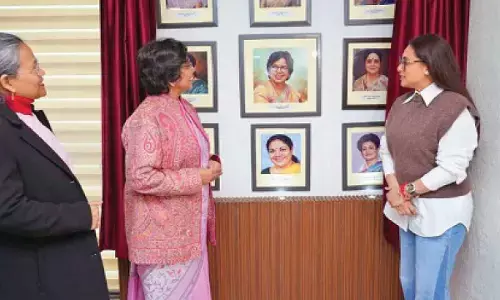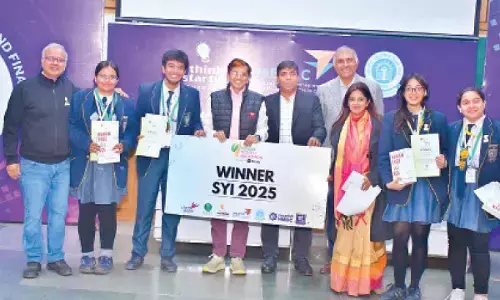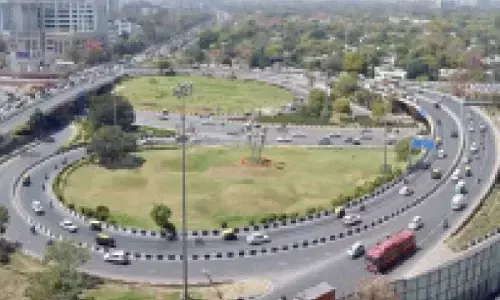At Supreme Court it rains judgements
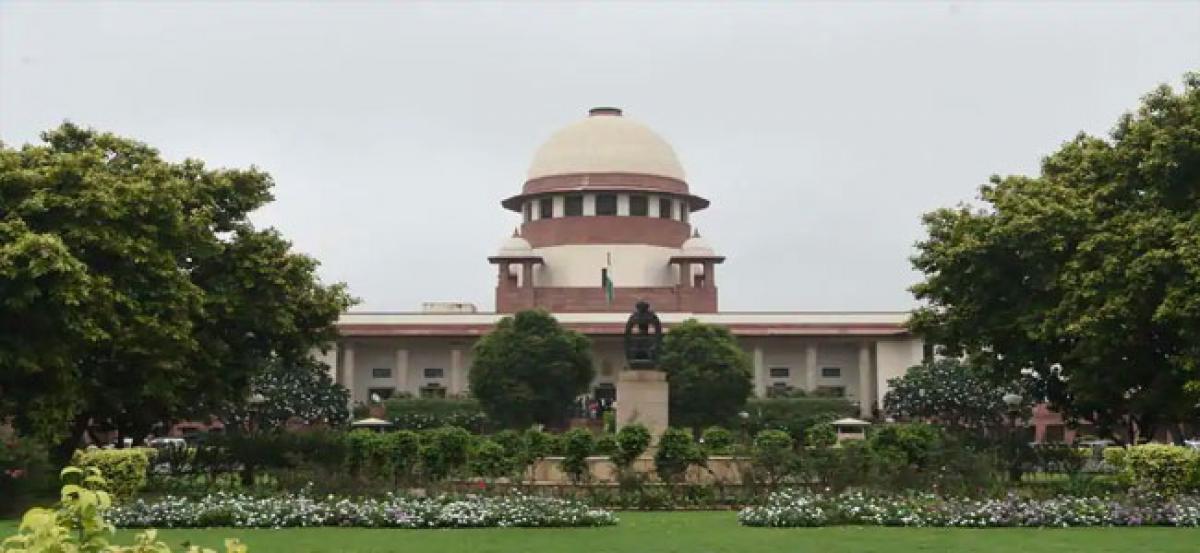
Call it a parting shot by the Chief Justice of India Dipak Misra or sheer coincidence, last week witnessed a heavy downpour of judgements, mostly of farreaching consequences, at the apex court
Call it a parting shot by the Chief Justice of India Dipak Misra or sheer coincidence, last week witnessed a heavy downpour of judgements, mostly of far-reaching consequences, at the apex court. In a historic first the outgoing Chief Justice and his fellow judges delivered judgements on contentious issues like triple talaq, suspects of Naxal links in Bhima Koregaon case, rights of the differently able persons to get information under the RTI Act.
Striking out Section 497 IPC, deciding whether the Ayodhya case needs to be referred to the Constitution bench, allowing M.P/ MLA lawyers to practice, Aadhaar card and entry of women in Sabarimala temple Interestingly, the gender centric cases like adultery by women and allowing women into Sabarimala temple did not find favour from the woman judge Indu Malhotra. However, without getting into the pros and cons of these verdicts now it has become crystal clear that if the judiciary takes to its heart it can clear the huge number of pending cases in a short time.
The doubts are also expressed in some circles that if a judgement is delivered in a short time, then its quality would suffer. But such fears are unfounded. The quality of a judgement largely depends upon the erudition and commitment of the Judge concerned to his duty. On the other hand, the justice delayed is the justice denied. Therefore, let this new zeal and trend become a healthy precedent and percolate down to the lowest judiciary and also to the quasi- judicial bodies.
In fact, extending the rule of presumption even to the government offices wherein a matter ought to be decided the either way within a prescribed time frame failing which the same would be deemed to have been decided in favour of the applicant, would go a long way in cutting down red-tapism. In such a case, person or persons concerned irrespective of his or their position should be personally made accountable.
In so far as the lawyers are concerned, barring a few exceptions, all others would support any move in the direction of speedy delivery of justice. The Supreme Court has now proved beyond doubt that if there is a will, then there is a way too. And if this is done, it would be indeed, a great service to the litigants who by now, are really fed up with the system and therefore, out of sheer desperation, succumb to other non-judicial alternatives.
BCI versus judiciary
Even while the Bar Council of India is busy chalking out a plan of countrywide agitation against the alleged attempts by some judges of the higher courts, it has advised the Chief Justice of India, Dipak Misra, who is due to demit his office on October 2 to refrain from accepting any office of profit at least for next two years. The BCI resolution to this effect appeals to the judges to have self-introspection and emulate the former judge of the Supreme Court J. Chelameswar who has publicly declared that he would not accept any position after retirement.
It is true that some of the judges may become the victim of caprice, but it would be too much to generalise such a situation and belittle the judges of higher judiciary who by large, have an unimpeachable reputation as unbiased and honest jurists. The case of Justice Chelameswar cited by the BCI is an isolated one. What prompted him to say that he would not go for any office of profit post retirement is his personal choice. Maybe he would be otherwise busy with corporate or social activities. Alternatively, it is quite possible that having washed dirty linen in public while occupying the august position, now he has quickly realised that he has no chance of getting a plum post after retirement, hence grapes are sour for him.
That apart, the BCI stand on lawyer’s right to strike should be deprecated in one voice. Legal profession is a noble profession and the members of this profession are looked upon with due respect by general public. At the same time the harsh guidelines issued by the court against lawyers' associations and their office-bearers are also not in good taste. The lawyers are not enemies of courts so also the courts are not the enemy lands. The solution to present unsavoury situation lies in undertaking confidence building exercises rather than unfurling the battle flags.
Lalit Bhasin re-elected
At a time when the prestigious lawyers' body, the Bar Association of India (BAI) has the onerous task of completion of its building, the 20th Governing Council meeting held at New Delhi has rightly elected unanimously the outgoing President Dr Lalit Bhasin again for a two year term. The meeting also elected other office-bearers unanimously. Accordingly, Prashant Kumar was re-elected as the president-elect while Ms Anandita Pujari was elected as the General Secretary.
Among other office-bearers elected are: Gopal Subramaniam, Pinky Anand, Additional Solicitor General, Apurb Sharma, Executive Chairman, BCI, Senior Advocates Shyam Diwan, Rajiv Dutta, Koka Raghav Rao, Priya Hingorani, R.N Jhunjhunwala, Amar Singh Chandhok, Uday Warunjkar ,S. S Naganand as vice president.Ms. Triveni Potekar as Treasurer and six others as Joint General Secretary. The meeting was also addressed by the former Solicitor General of India and noted jurist Solee Sorabjee. Next year, the BAI has plans to celebrate the diamond Jubilee on a large scale.
Search for Lokpal
As a sequel to the direction of the apex court the government has appointed a search committee for finalising the name of Lokpal. Former Judge Ranjana Prakash Desai shall be its Chairman.
New judges of High Courts
The meeting of the collegium of the Supreme Court has recommended names of 17 advocates for appointment as Judges of the Allahabad High Court and one name for the appointment as Judge of the Meghalaya High Court.
BY Dr H C Upadhyay










